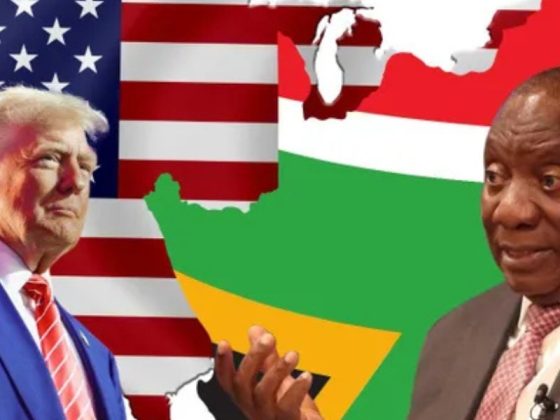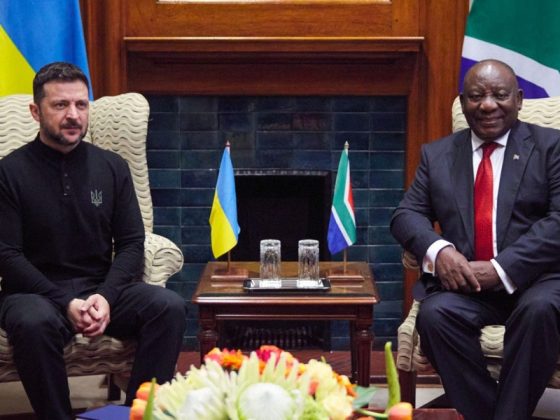
Last week, world leaders gathered in New York for the 80th session of the United Nations General Assembly to discuss several issues affecting the world, from conflict, climate change and economy. Of particular interest and discussion was the Israeli–Hamas conflict.
Since Hamas attacked Israel, killing about 1,200 people and taking 251 hostages on 7 October 2023, Israeli has been on military offensive in Gaza, which has killed tens of thousands of Palestinians. While most European countries and the United States expressed full support for the Israel’s right to defend itself and get back its hostages, sentiments are beginning to wane, especially in Europe, after thousands of civilians have been killed, many forced from their homes in Gaza and many more now suffering from hunger.
In a move to force Israel to the negotiation table, France, Luxembourg, Malta, Monaco, Andorra and Belgium formally recognised a Palestinian state at the 80th session of the UNGA. They join Canada, Australia and Portugal, as well as the United Kingdom, which announced its recognition earlier in the month, as Israel pushes ahead with settlement expansion in the occupied West Bank and escalates its genocide in Gaza. The State of Palestine is now recognised as a sovereign nation by 157 UN member states, representing 81 percent of members.
This follows the “New York Declaration,” which was passed on 12 September with 142 votes in favour and 10 against. The declaration calls for an immediate ceasefire in Gaza, release of all hostages held there, and the establishment of a Palestinian State that is both viable and sovereign.

The case for less military action and more diplomacy
The recognition of the state of Palestine by the majority of UN members will not have an immediate effect on Israel’s policy in the occupied territory, particularly as the U.S is still backing the country and recently vetoed a UN Security Council resolution for a ceasefire in Gaza. The UN General Assembly can only grant full membership to Palestine with the approval of the Security Council, a move the U.S would likely veto. U.S President Donald Trump also reaffirmed his backing for Israel in his speech at the UNGA, by stating that Israel maintains the right to wage war on Hamas as long as all the Israeli hostages captured on October 7, 2023, are not returned.
The recognition of the state of Palestine is meant to force Israel’s hand, however, the continued backing by the U.S makes the task difficult. The backing of the U.S continues to embolden Israel and the Israeli Prime Minister Benjamin Netanyahu declared last week at UNGA that his country will not rest until Hamas is eliminated and hostages are freed.
However, the tide is turning in Europe and countries such as France and the UK believe that the ongoing military action by Israel has reached its saturation point and there is a need to ramp us diplomatic efforts to prevent further civilian casualties. Hamas has stated that it is willing to entertain peace negotiations, although such negotiations remain on hold for now after Israel tried to assassinate top Hamas leaders in Doha on September 9 as they gathered to review a new ceasefire proposal presented by Trump.
Prospects for Peace in the Middle East?
The recent events have injected some optimism for a two-state solution and peace in the Middle East. With Israel fast losing allies in Europe, it faces a stark choice: either make a sincere bid for compromise and peaceful coexistence with the Palestinians or risk losing the international support that its long-term well-being requires. Although Israel has the backing of the U.S in its war, its long-term backing may eventually wane, if Israel goes on attacking countries it says are harbouring their enemies. For now, prospects for peace in the Middle East are very low, as long as Hamas still exists and Netanyahu is in charge of Israel.



